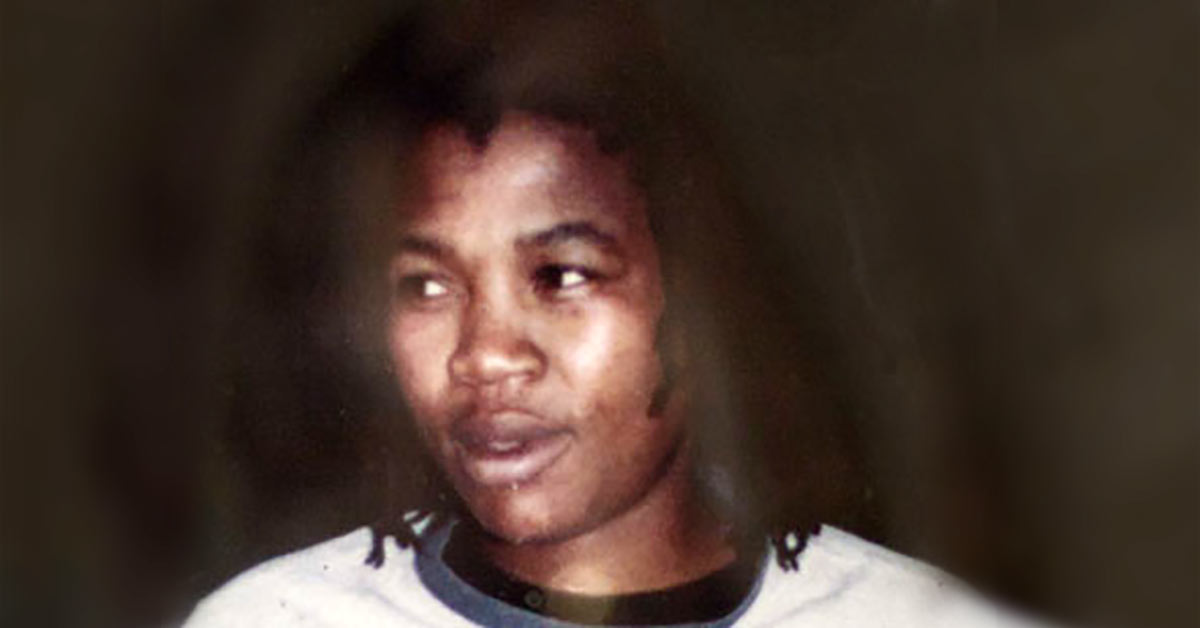Eudy Simelane: Is the LGBTQ community safer 14 years later?

The hate crime rape and murder of Eudy Simelane was a tragically defining moment for SA’s LGBTQIA+ community
On 28 April 2008, 31-year-old Eudy Simelane was brutally raped, assaulted and murdered in what became one of the most high profile LGBTQIA+ hate crimes in the country.
High profile, because Simelane was a member of Banyana Banyana, the national women’s soccer team, and was also well known in KwaThema, where she lived and had always been open about being a lesbian.
The annual Eudy Simelane Memorial Lecture has been held by the Ujamaa Centre at the University of KwaZulu-Natal since 2016, and aims to address the challenges faced by the queer community in South Africa and Africa.
Recalling the court case that followed Eudy’s murder and ultimately saw at least one perpetrator receive a life sentence for this horrific crime, 2021’s keynote speaker, Professor Zethu Matebeni, remembers the moment of recognition just before Eudy’s death.
“We’ll talk a little bit about the moment of death, and that moment, for me, is so telling,” she says.
“So, in this moment, Mphithi says – he’s one of the guys who murdered Eudy… Mphithi says, she looks at me and she says: ‘Hey, you know me, I know you.’ And he claims that at that moment of recognition, he panics, and he murders, he kills her… and you can unpack this in so many different ways – a moment of recognition, having a conversation with someone you know, and by looking into your eyes and acknowledging familiarity, and he decides to kill you. You haven’t done anything.”
Of course, Eudy Simelane wasn’t the first queer person in South Africa to be murdered because of her sexual orientation, nor was she the last. Almost three years to the day after Eudy was killed, another prominent lesbian activist, Noxolo Nogwasa, was also stabbed and stoned to death in KwaThema.
The very first Ekurhuleni Pride was held in 2009, the year after Eudy’s murder, and organised by the Ekurhuleni Pride Organising Committee (EPOC), of which Noxolo was an active member. Just like Eudy, Noxolo’s body was found dumped in plain sight, illustrating the impunity with which she was killed. To date, no one has been arrested in connection with the hate crime.
It is important to remember that the judge presiding over Eudy Simelane’s case failed to recognise her sexuality as being a contributing factor to her murder. Eudy’s murder is a tragic example of how recognition can not only lead to crimes against queer people, but how the lack thereof can get perpetrators off the hook, seemingly making these crimes no different from the thousands of other offences committed every year.
While crimes like so-called “corrective rape” are counted with other forms of gender-based violence, we need to proclaim that even though they form a part of larger issues surrounding toxic masculinity, they are markedly different, as they are not just committed because the victim is a woman, but also very much because the victim is queer.
The fifth instalment of the 2021 Eudy Simelane Memorial Lecture engaged with the theme, “Men, Masculinity and Homophobic Hate Crimes”, with the organisers stating, “We believe that conversations pertaining to men and masculinity are imperative considering the South African GBV and homophobic hate crime landscape. More than ever, this seems to be a pertinent intervention with important conversations, especially if one considers the noticeable increase in incidences of homophobic hate crime in 2021.”
Indeed, between February and December 2021, MambaOnline reported about 24 LGBTQI murders. The increase in instances of hate crimes committed against the local queer community has led to Human Rights Watch writing to the government and imploring it to do more to stop this scourge.
But this outcry from the international community has been heard before – also when Eudy and Noxolo were killed. Until the Hate Crimes Bill has been passed and has added judicial weight to the prosecution of not only queer hate crimes, but also to hate speech against members of the LGBTQI+ community, no queer person is completely safe.
And even if the police and the law at large were to finally address the spate of hate crimes plaguing the country, there is still a lot to be done by civil society to prevent these crimes from happening in the first place. These stories aren’t pleasant to hear or to talk about, but we daren’t forget the names of the victims.
When Eudy and Noxolo were killed, the local community reported hearing cries for help, although no one actually went out to see what was happening or to intervene. The screams of those members of the LGBTQI+ community that have died for no other reason than living an honest and authentic life still echo today, as they well should. Because, it seems, South Africa is still not listening.
Watch the entire Eudy Simelane Memorial Lecture below.
My heart breaks for all of us.